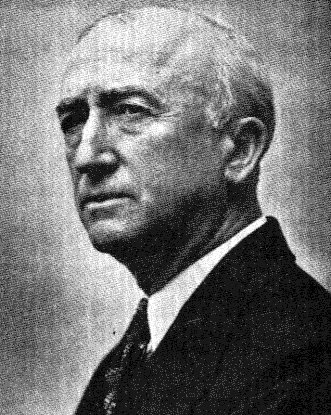

- Home
- Scholars
- Foundation
- Pop Byrnes
- Remembrances
- Luncheons
- 2018 - James Dowdy Jr.
- 2017 - Kayla Miller
- 2016 - Kim Hatcher
- 2015 - Jeanette Cothran
- 2013 - Cliff Rollins
- 2012 - Scholar Voices
- 2011 - Ryan Sneed
- 2010 - Hobbs & McCraw
- 2009 - Rev. Hal Norton
- 2008 - Tyler Gailey
- 2007 - Henri Duncan
- 2006 - Rev. Hal Norton
- 2005 - Paula Harper-Bethea
- 2003 - Ryan Sneed
- 2002 - Ron Cobb
- 2001 - Mark Matlock
- 1998 - Andy Courtney
- 1997 - Paula Harper-Bethea
- 1989 - Ralph Gregory
- 1984 - Walter Brown
- Individuals
- Sandlapper
- McKissick Museum
- Eulogies
- Scholar Classes
- Luncheons
- Galleries
- Communicate

© 1998-2024 Byrnes Scholars. All Rights Reserved.
The James F. Byrnes Foundation
Post Office Box 6781
Columbia, SC 29260-6781
Tel.: (803) 254-9325


